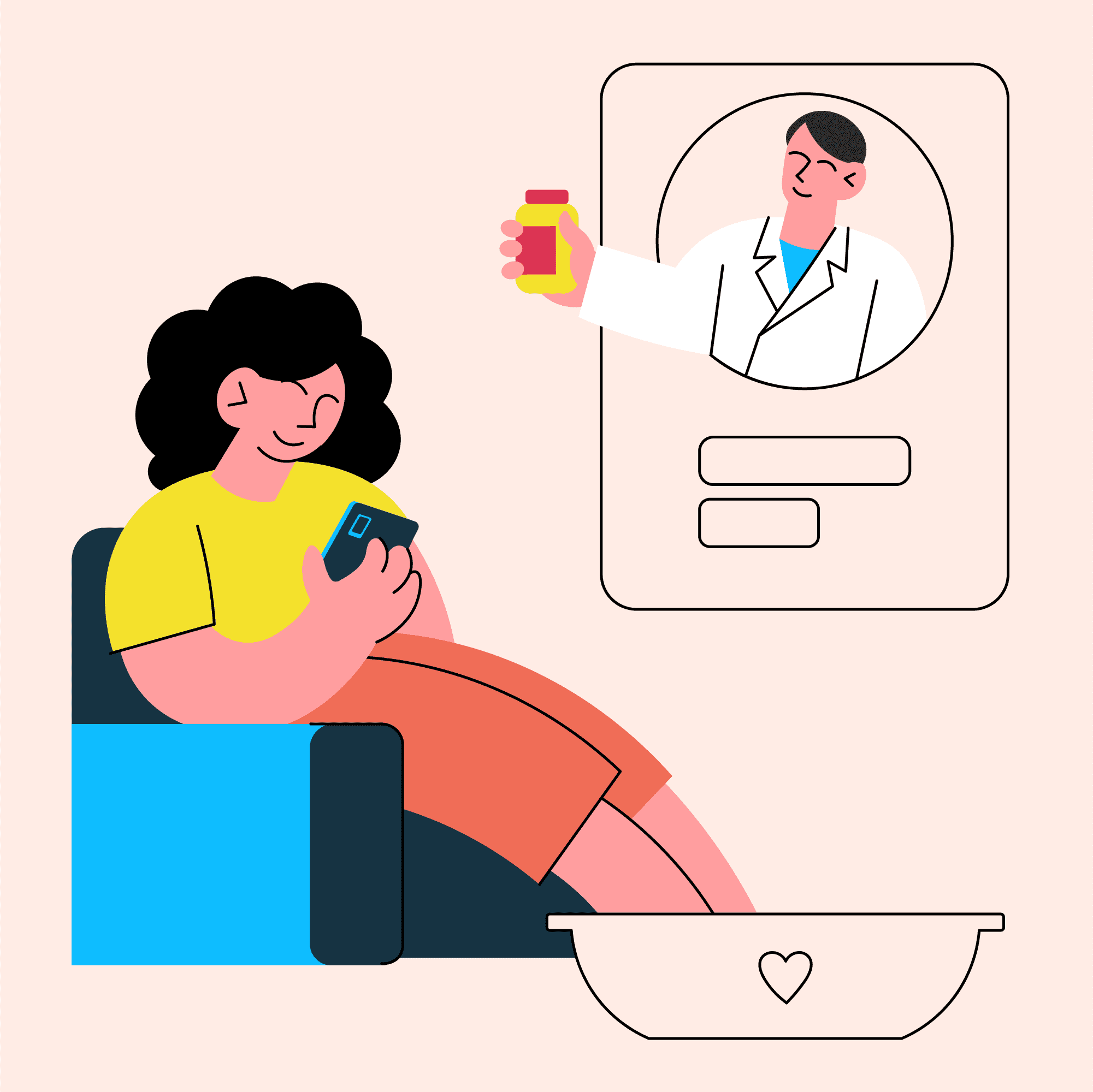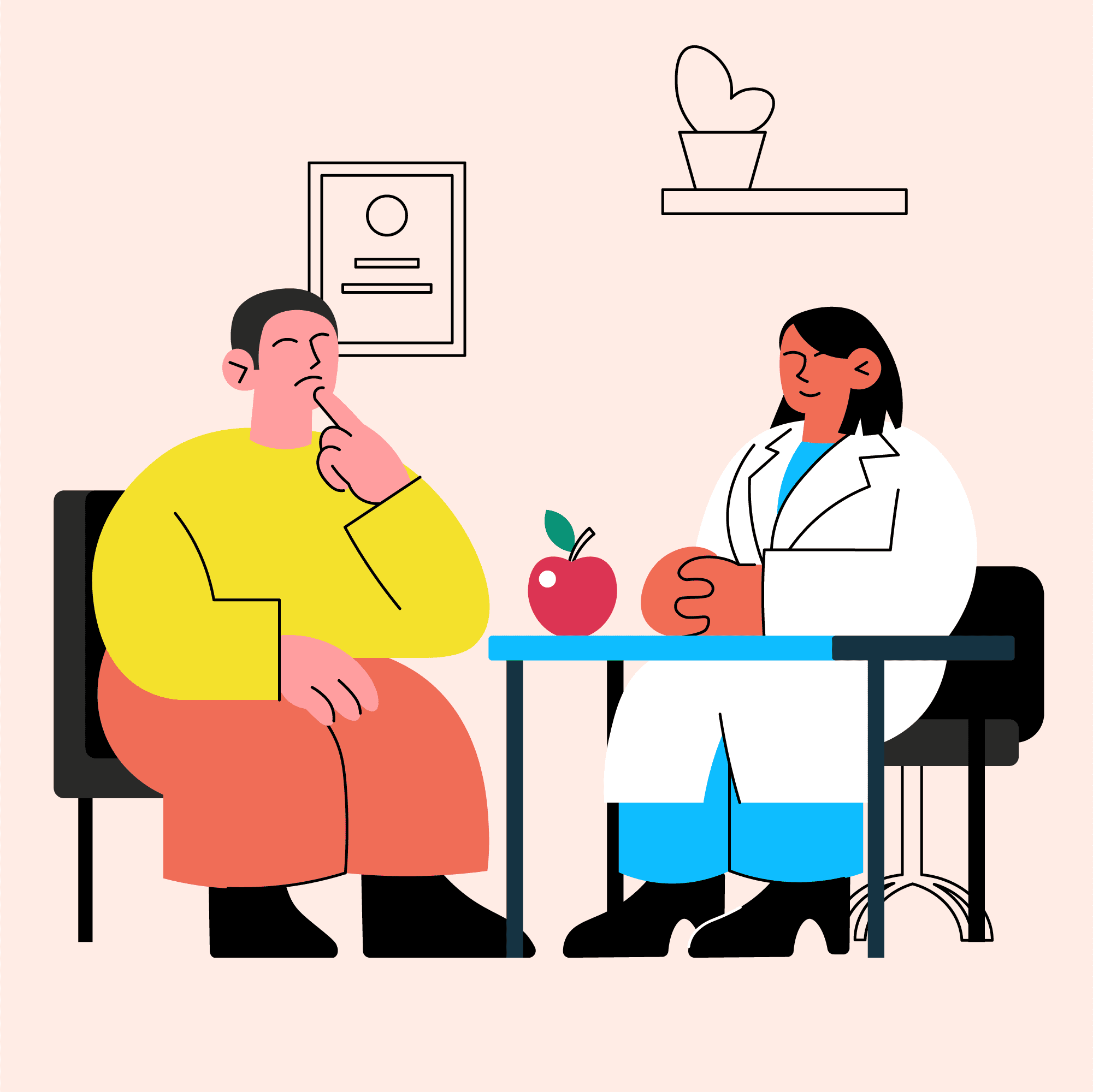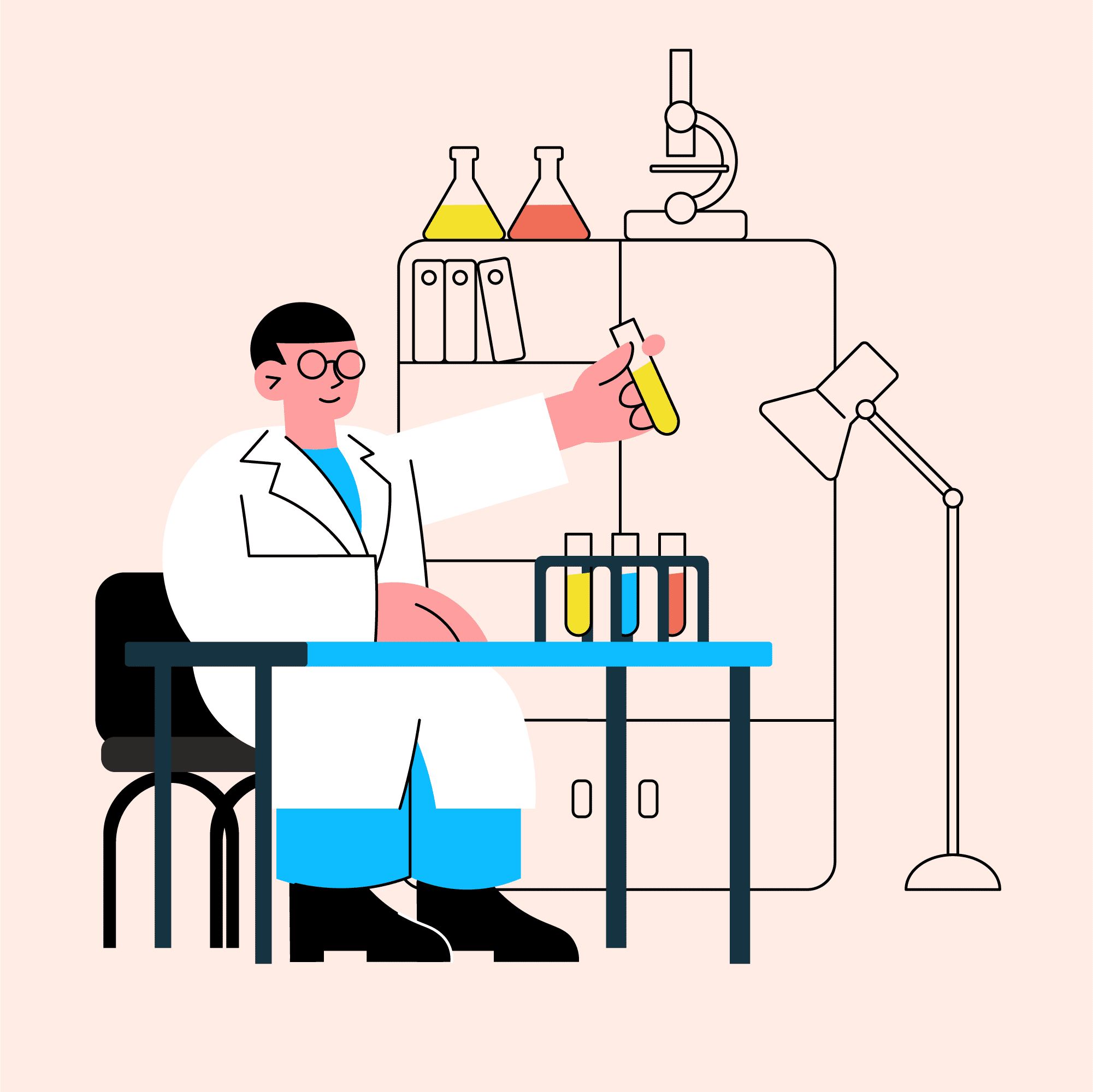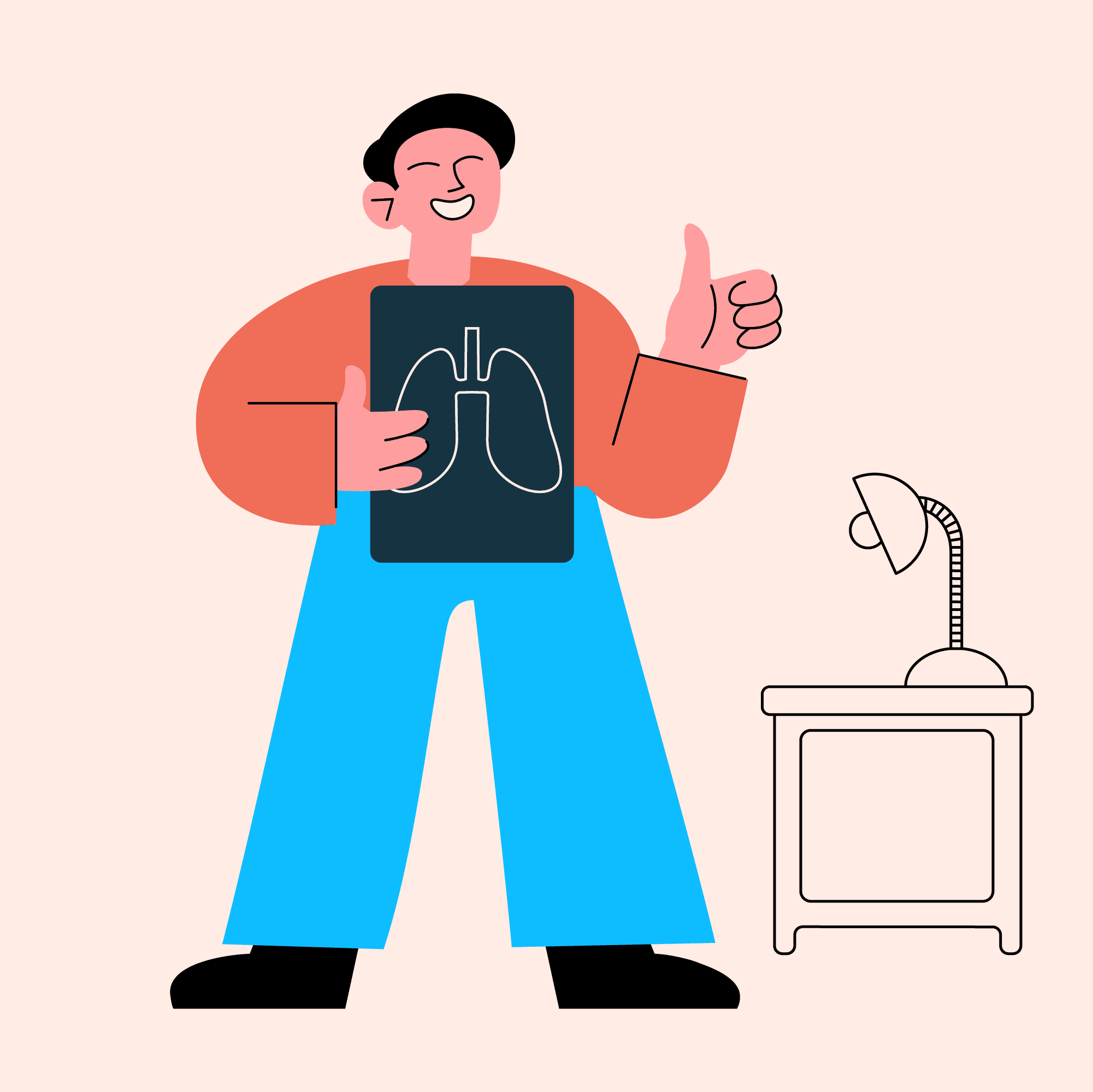OpenMRS is an open-source Electronic Medical Record (EMR) System. It is also a community full of talented individuals. And there is nothing more fulfilling and satisfying than using your skills and your talent to help other people. That is exactly what the OpenMRS community does. Together they create modern solutions to problems that thousands of healthcare facilities are still facing.
In this article we will introduce you to a few examples of how OpenMRS solves healthcare system problems and brings actual help to those who need it the most.
OpenMRS saving lives of mothers and children in Sierra Leone

Wellbody Clinic in Kono District is a facility supported by Partners in Health. It is a professional clinic that takes care of around 200 patients daily. It was built to fill the gaps in the local healthcare system and provide the community with quality help that is needed.
The clinic provides specialistic healthcare services, such as vaccinations, malnutrition care, HIV treatment and counseling. It also helps women and their children through monitoring the pregnancy and guaranteeing intensified care for high-risk pregnancies. Thanks to the professionals at Wellbody Clinic it has been over four years without maternal deaths in the facility.
One of the things that make it truly stand out from the other healthcare facilities in Sierra Leone is OpenMRS – the first system of this type implemented in the country. Its main purpose is simple – transforming traditional, paper medical records into digital ones.
Instead of a room full of paper folders, there are laptops at the reception desk and in physicians’ offices. Instead of a time-consuming process of sorting the folders and searching for the right one, to hand it to the patient, there are plastic cards with identification numbers and barcodes. All of the important data is in the system. Clear, safe and automatic.
It may appear to be a simple question of convenience. That is undeniably true. It is certainly more convenient to use an electronic system that displays all of the information in one spot rather than searching through endless paper files. However, that convenience has significantly greater value than one might imagine.
When it comes to saving lives, timing is arguably the most important factor. Sierra Leone’s healthcare system is still ineffective and unable to meet all of the country’s demands. The more time we save on non-essential duties, the more time we have to help others.
Not only time, but also energy is saved. Having all of the information in one location allows doctors to concentrate entirely on diagnosing and treating patients. It is easily available in the system, properly organized and safeguarded against loss. Physicians may now concentrate on what they do best: saving lives.
Future mothers coming to the clinic can now be sure that all of the data regarding their pregnancy is safely stored in one place. Their energy and time are also saved, as the registration process and the appointment last way shorter than they used to before the implementation of OpenMRS.
We are hoping that in the future OpenMRS will help in saving many more Sierra Leonean families.
OpenMRS meeting the challenges of healthcare system in Liberia

According to UNDP, in 2020 Liberia ranked 175 out of 189 countries in the Human Development Index. It means that it is placed in the 15 lowest developed countries in the world. Moreover, in 2013 over 60% of Liberians suffered multidimensional poverty. In other words, more than half of the society did not have access to basic healthcare, education and a decent standard of living. The low densities of physicians in Liberia cause massive problems in receiving professional help. In 2015 there were roughly 1.12 health workers for 1000 people. The Liberian healthcare system has been severely damaged due to the 2014 Ebola outbreak and civil war.
Among many other problems, that of a healthcare system is undoubtedly very alarming and requires action from other countries. To support the development and workflow of Liberia’s healthcare systems, OpenMRS has been implemented at J.J. Dossen Hospital in Maryland County. It enhances the way health information is collected, stored, and utilized, as well as facilitates the registration process.
In the past, a big number of patients and not enough time caused situations in which physicians were not able to write down every detail of each appointment in the records. It then affected the later appointments, because of the lack of information to refer to. It was difficult to formulate a proper diagnosis and make the best decisions in terms of treatment without having the data necessary to track the health of a patient from a visit to a visit.
These problems have now been solved. Instead of a paper folder and a place on a shelf in the storage room, now each patient receives a plastic card with an ID and a barcode. The personnel at the hospital scan these cards to obtain all of the information on the patient’s health, lab results, prescriptions, etc. Everything is in one place, quickly and easily accessible.
OpenMRS not only brings convenience but also helps in improving the quality of health care in Liberia. Having all of the data available in one place lets physicians see the problems and patterns more clearly and come to more accurate conclusions. It makes their diagnosing process more integrated and comprehensive. As a result, they can help more people and do it in a more efficient and effective way.
We hope that with the support of OpenMRS more and more Liberians will gain access to fast and high-quality medical care, which is a fundamental right of every human being.
OpenMRS supporting the rebuilding of healthcare system in Haiti

In 2010 Haiti was hit by a massive earthquake, the biggest since the 18th century. Thousands of people have lost their lives. Country’s infrastructure was not prepared for such a disaster. Many buildings collapsed, leaving Haiti in ruins. Among destroyed buildings there were also hospitals and health clinics. Many injured people were left helpless, without access to medical care.
This enormous tragedy took a heavy toll on Haitian society and battered its economy. In 2013, in order to support rebuilding of the country’s infrastructure, Partners in Health (known locally as Zanmi Lasante) opened a University Hospital in Mirebalais, a small city in the Central Plateau of Haiti. The new hospital had a place for 300 beds and served 1000 outpatient visits per day. Its management and workflow is supported by OpenMRS.
OpenMRS allows to record diagnosis, plan treatment and save the data of the patients. All of this information is stored in a digital form. Not only is it convenient, but also protected from eventual disasters, like a flood or an earthquake. Physicians can capture primary care data, such as patient registration, check-in, vital signs, etc., as well as specialistic diagnosis and lab results.
Since its implementation, the system has been upgraded many times, to meet the needs of the local community. OpenMRS became useful also in other Haitian healthcare facilities supported by Partners in Health. Depending on the capabilities of certain clinics or hospitals, different modules and functionalities are implemented.
University Hospital of Mirebalais is just one link in the big chain of implementations. But every link of this chain is as important as the others, because every implementation brings actual, real help to the people that are in need, making their lives easier.
OpenMRS will continue its support in the process of improving and developing this chain of life-saving solutions.
OpenMRS helping patients in a remote part of Nepal

Bayalpata Hospital is located in Achham, Nepal. It is one of the poorest and most remote regions in the whole country. For some of the patients it takes many days to get to the hospital, often traveling on foot. The facility was built thanks to the collaboration of Nepal government and Possible – an organization focused on spreading access to high-quality healthcare around the world.
In a region troubled by poverty and insufficient number of medical personnel, Bayalpata Hospital plays a big role in supporting the local healthcare system. Therefore, it needs to be able to offer high-quality, efficient help. To support this mission, Possible collaborated with ThoughtWorks on implementing an electronic medical records system that would meet the needs of the hospital.
That is how Bahmni was chosen. It is an open-source Hospital Information System (HIS) and Electronic Medical Record (EMR) that aims to meet the needs of low resource environments by combining already existing open-source products.
Bahmni includes:
- OpenMRS (open-source medical records system);
- Odoo (open-source inventory and resources management tool);
- OpenELIS (open-source lab information system).
Bahmni was then combined with CommCare mobile platform and DHIS2 data visualization platform, all together forming NepalEHR – an integrated implementation of hospital-based (Bahmni), community-based (Commcare), and data visualization (DHIS2) tools configured to meet Nepal’s healthcare system needs.
Since the implementation of NepalEHR, the hospital’s workflow has been smoother and more effective. The system guides and assists patients and physicians through every phase of the appointment and treatment process.
EHR helps with record keeping, better follow-up care, and clarity of the data. Patients do not have to carry a pile of papers around the hospital anymore, nor do physicians need to search through them for every piece of information.
According to dr. Mandeep Pathak, orthopedic surgeon at the Bayalpata Hospital, EHR serves as an especially great tool for specialists dealing with visual data (e.g. x-rays), like himself. Due to the long gap between visits, they notoriously lose their x-rays, making it difficult for the physician to properly plan further treatment, having no data for the reference. With EHR their work is less troublesome, as all of the visual data is stored in the system and easy to access.
Reporting medical data to the government is easier and quicker as well. It used to take about a week for the hospital personnel to collect the data and enter it into the system. Now, with help from EHR, it takes only 1-2 days.
Faced with the global pandemic of COVID-19, the EHR system proved to be even more useful. It helped the facility adapt to the new circumstances easily. Storing data digitally also enabled physicians to treat patients remotely, as everything is accessible through the system and there is no need to receive lab results in a physical form. It lowers the risk of infection for both the patients and the physicians.
How to install OpenMRS in my healthcare facility?

If you find OpenMRS helpful and would like to implement it in your clinic, you are in the right place to start. SolDevelo Foundation has recently opened a new service called EMRSCloud. We offer a cloud hosting of OpenMRS, as well as implementation support for those, who need help in installing it.
EMRSCloud will be useful for the clients who:
- Do not have enough space and resources to set up their own server and maintain it;
- Don not have skills and knowledge required to self-implement OpenMRS;
- Do not have time to deal with the complicated process of implementation;
- Have troubles with low internet connection in their local facility;
- Have troubles with selecting OpenMRS modules according to their needs;
- Would like someone to implement OpenMRS for them.
EMRSCloud will do everything for you, so that you do not have to worry about any technical aspects. We believe that by using our skills to help clinicians with the OpenMRS implementations, we will give them more time and energy to effectively treat patients, and provide them with high-quality care.
OpenMRS helps in thousands of healthcare facilities around the world, and it can help in yours, too.
For more detailed information, please visit our website: https://emrscloud.com/
Sources
Sierra Leone Clinic Launches Electronic Medical Records to Transform Patient Care
Partners in Health | Sierra Leone
Healthy Newborn Network | Wellbody Alliance
UNICEF | Sierra Leone – Maternal, neonatal and child health
PIH Rolls Out Electronic Medical Records at J.J. Dossen Hospital in Liberia
Partners in Health | Liberia
UNDP | Liberia
UNDP | Liberia: Human Development Report 2020
University Hospital of Mirebalais (UHM) EMR Case Study
Partners In Health Haiti EMR
Britannica | 2010 Haiti earthquake
The First International Implementation of Bahmni OpenMRS
Possible | Digitizing Healthcare In Rural Nepal
Summary Of The OpenMRS Implementers’ Conference 2020
Bayalpata Hospital, A Model of Sustainable Rural Health
Bahmni Wiki
OpenMRS Wiki | Bahmni Distribution




